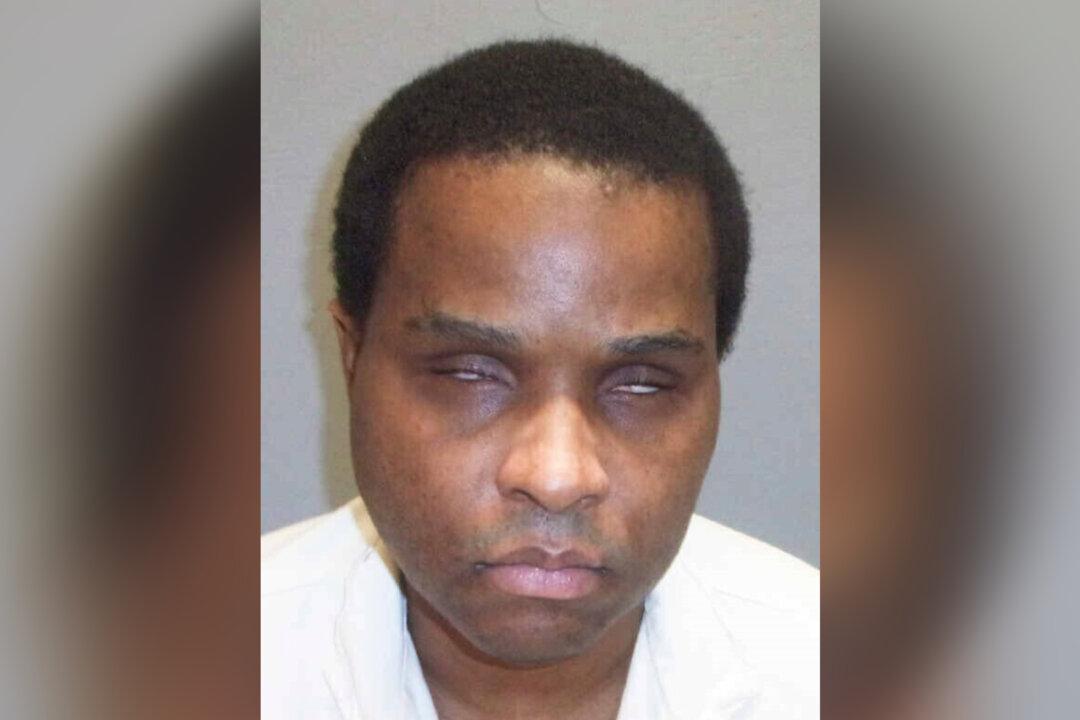HOUSTON—Plagued by mental illness, Texas death row inmate Andre Thomas started hearing voices when he was 9 years old and first attempted suicide when he was 10, his attorneys say.
Thomas’ psychosis, filled with religious delusions and hallucinations, became worse as he grew older. His family—beset by a long history of mental illness, addiction, and poverty—was unable to help.





